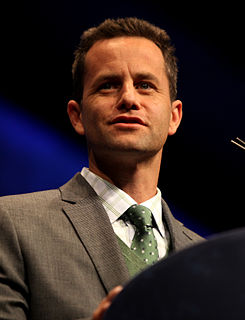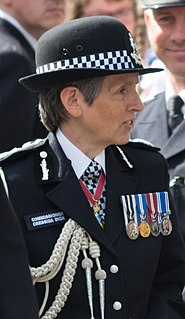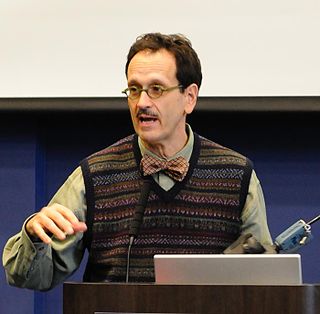A Quote by Lenny Henry
I love the BBC but I just want this thing of BAME inclusion in the demographic of the people who make the decisions about what we do and how we do it, to change.
Related Quotes
Here's how it works: the president makes decisions. He's the decider. The press secretary announces those decisions, and you people of the press type those decisions down. Make, announce, type. Just put 'em through a spell check and go home. The greatest thing about this man is he's steady. You know where he stands. He believes the same thing Wednesday that he believed on Monday, no matter what happened Tuesday. Events can change; this man's beliefs never will.
The Amazon lot are perfectly reasonable, level-headed people who just want to make TV programmes. I don't think they are the enemy of the BBC or the other way round. It's not a war; these things can coexist. We can have Amazon and Netflix and the BBC and BT Sport, and people can make choices. That's what modern life is all about.
It is my goal to love everyone. I hate no one. Regardless of their race, religion, their proclivities, the desire of their heart and how they want to live their life and the decisions that they make. I can even respect people's decisions and lifestyle choices just as I hope they have the courtesy to respect my decisions and my choices.
As an artist I write about the world I want to live in. And as a musician and someone who is in the public eye, I think you have this responsibility to influence people. So I try influence people to live from their heart and make conscious decisions , and I try just inspire people to make positive change. That's purely the reason I do it. I want to see the world get better, you know?
I write books because I have always been fascinated by stories and language, and because I love thinking about what makes people tick. Writing a story... 'The Giver' or any other... is simply an exploration of the nature of behavior: why people do what they do, how it affects others, how we change and grow, and what decisions we make along the way.
Who can really say how decisions are made, how emotions change, how ideas arise? We talk about inspiration; about a bolt of lightnng from a clear sky, but perhaps everything is just as simple and just as infinitely complex as the processes that make a particular leaf fall at a particularmoment. That point has been reached, that's all. It has to happen, and it does happen.
I get so sick of people asking: "What's your demographic?" Or: "Oh we've got to aim this at..." No, you have to aim it at you. You do the thing you would love... make the thing you would love and be proud of. There's enough people in the world that, if you do that and do it well as a single vision, they'll go: "That's my favourite thing ever!"
That is the great thing about policing, you do have a lot of responsibility very early and you have got to make decisions, sometimes life and death decisions, very quickly and there is something about putting a uniform on and thinking 'people are looking to me to make decisions and to look after them' that makes you feel capable.
Taking chances for the people you care most about is easy. It's hard to take chances that might mean making bad decisions. But when I have to take chances about people I love, relationships, my daughter and immediate family, those decisions are easy. I make them without even thinking about it, it is usually something that just has to be done. You don't question anything, you just go for it.
Normally I do all my own post work. It's not that I do it better than anyone else, I just do it my way. I make decisions. People who print at labs are probably far better printers, but they won't make my decisions mid-process. I don't want to be out of the loop. I want to be a photographer and do all of it.
Many people say, "Well, I'd love to make a decision like that, but I'm not sure how I could change my life." They're paralyzed by the fear that they don't know exactly how to turn their dreams into reality. And as a result, they never make the decisions that could make their lives into the masterpieces they deserve to be. I'm here to tell you that it's not important initially to know how you're going to create a result. What's important is to decide you will find a way, no matter what.
You realize that these accidental decisions you make about changing jobs, about moving into an apartment where you make new friends and confidants, about going to one city over another, that sometimes they're completely arbitrary decisions that you haven't put as much thought into as perhaps you should have, and yet they change the course of your whole life.




































